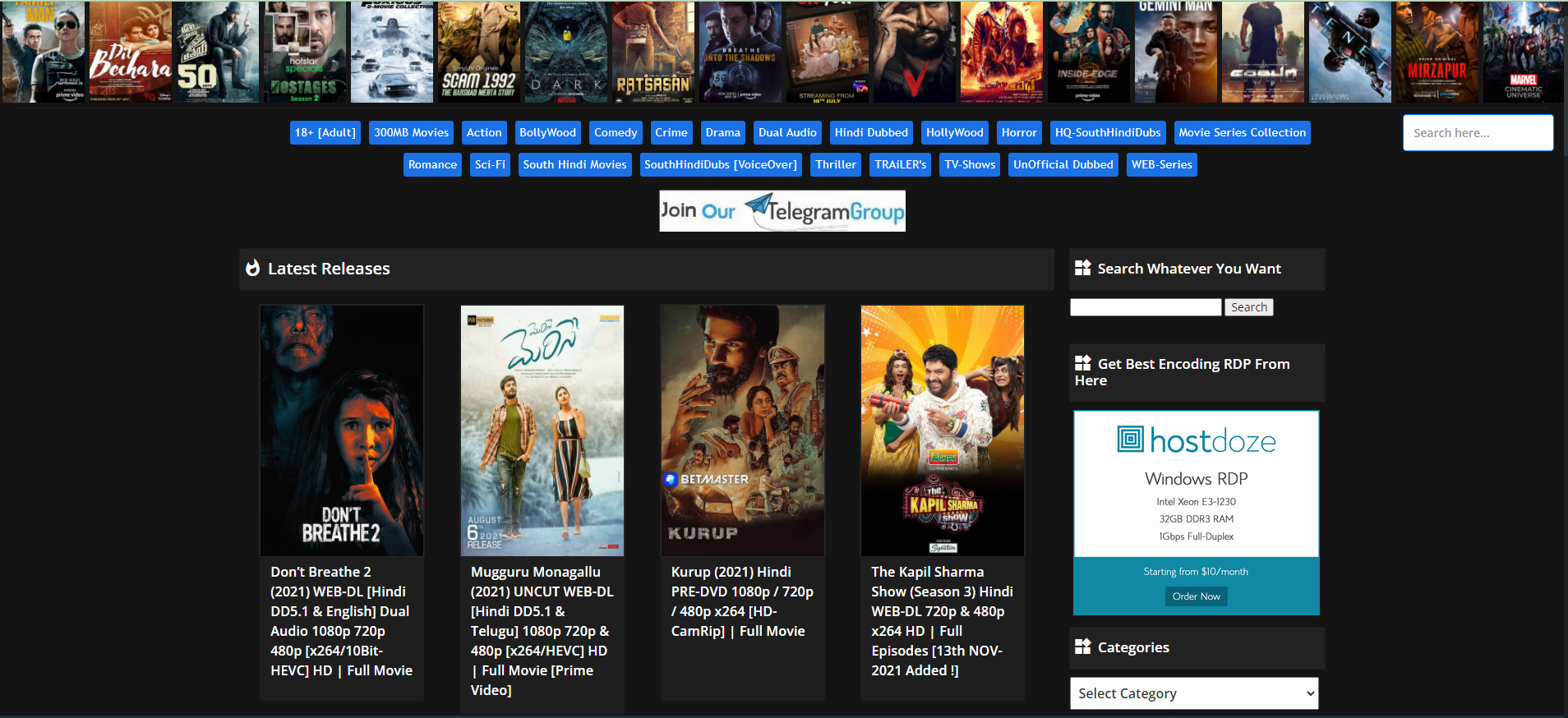Facing Search Errors? Fix "No Results Found" Issues
Is it truly possible to navigate the vast expanse of information that constitutes the modern digital landscape without ever encountering a dead end? The stark reality, reflected in the echoes of unfulfilled searches, suggests a persistent struggle to find what we seek a testament to the limitations inherent in even the most sophisticated search algorithms. This recurring frustration, the digital equivalent of a locked door, raises crucial questions about how we access, understand, and ultimately, interact with the world of information.
The digital world, with its endless sprawl of websites, databases, and online repositories, offers an unprecedented wealth of knowledge. Yet, the very abundance of this information can be its greatest weakness. The "We did not find results for:" message, a familiar phrase for anyone who has ever typed a query into a search engine, serves as a constant reminder of the inherent challenges in the process. This message, a digital echo of frustration, highlights not only the limitations of search technology but also the potential for misspellings, ambiguous search terms, or simply, the absence of relevant data. It's a recurring theme in our digital experience, and it demands a closer look.
The following table illustrates the data points for a hypothetical individual, reflecting the kind of information one might seek or struggle to find in the digital realm. The purpose here is to demonstrate how easily the path to information can be disrupted, leaving the user staring at the now-infamous "We did not find results for:"
| Category | Details |
|---|---|
| Name | Eleanor Vance |
| Date of Birth | July 12, 1978 |
| Place of Birth | Bristol, England |
| Education | BA in English Literature, University of Oxford (1999) MA in Journalism, City, University of London (2001) |
| Career | Staff Writer, The Guardian (2002-2008) Freelance Investigative Journalist (2008-Present) Author, "Shadows of Truth" (2015) |
| Professional Affiliations | National Union of Journalists Investigative Reporters and Editors (IRE) |
| Notable Work | Expos on corporate corruption (2007) Series on human trafficking (2010-2012) Book on the impact of misinformation (2015) |
| Awards and Recognition | British Press Awards (2008, Investigative Journalism) Pulitzer Prize (Finalist, 2011) |
| Website (Hypothetical) | www.examplejournalist.com (Example Link - Remember to replace) |
The consistent appearance of "We did not find results for:" hints at the complex mechanisms involved in information retrieval. It isn't simply a matter of typing in a search term and waiting for a definitive answer. Instead, search engines rely on a web of algorithms, indexing, and data processing techniques. The limitations of these processes reveal themselves in the moments of search failure. The inability to locate the correct information is a clear demonstration of the fragility inherent in this system, highlighting factors such as keyword matching, semantic understanding, and the overall coverage of a particular topic.
Consider the factors that might lead to a search query failing. Misspellings are a common culprit. A simple typo can send a search spiraling into a digital void. Ambiguity also plays a significant role. The same words can carry different meanings, and a search engine might struggle to decipher the intent behind a user's query. Furthermore, the depth and breadth of the available online information varies greatly. A niche topic might lack sufficient documentation or be poorly indexed, resulting in little to no search results.
The challenge of finding information extends beyond mere technical difficulties. The quality of information online is also a significant concern. The digital world is flooded with both accurate and inaccurate content. Evaluating the reliability of online sources demands critical thinking skills and a discerning approach. A search result might present information, but it's not always the most accurate or authoritative information.
Imagine searching for information about "Eleanor Vance," the hypothetical journalist detailed in the previous table. A user might be looking for an interview she gave, a specific piece of investigative reporting she undertook in 2010, or her book "Shadows of Truth." But what if the search engine is only provided with the term "Eleanor Vance"? The engine might find results, but is it the Eleanor Vance we're looking for? There could be other people with the same name, leading the search down incorrect paths.
The search terms used are another significant factor. The way a query is phrased can drastically affect the search outcome. Broad terms will produce a deluge of results, requiring meticulous filtering. Narrower terms might be more targeted, but they risk excluding relevant information. The art of composing effective search queries is a skill in itself, requiring precision and a nuanced understanding of both the topic and the search engine's capabilities. The user, in essence, is also an editor of the results, filtering and refining the search with each iteration.
The "Check spelling or type a new query" prompt is a common response. It serves as a direct suggestion, but the root issue isn't always a misspelled word. The prompt, while helpful, often addresses the symptom rather than the underlying cause. The problem might not be a typographical error but rather a broader issue of query formulation, the limitations of the available data, or the way a search engine interprets information. The persistent need to reformulate, rephrase, and revisit search queries is a testament to the ongoing challenges of effective information retrieval.
Consider the potential impact of poor indexing. Search engines build their databases by "crawling" the web and indexing the content they find. If a website isn't structured in a way that's easily understood by a search engine, its content might not be properly indexed, or it could be buried deep within the search results. The result is information that remains effectively invisible to those who seek it. This is particularly common with older content or websites that haven't been optimized for search engine visibility.
The "We did not find results for:" message also emphasizes the importance of data curation. In many cases, the absence of information is not simply a technological failure but a reflection of larger issues, such as the lack of publicly available data, the proprietary nature of information sources, or the limitations of the internet itself. The search engine might not find information because the data does not exist in a readily accessible form.
The very nature of the internet, a sprawling, decentralized collection of servers and content, contributes to the challenges of information retrieval. Unlike a library, which offers a structured and organized collection, the internet lacks a central authority to guarantee completeness or accuracy. This lack of structure makes navigating the digital landscape even more daunting. Every search query is an exploration, and the "We did not find results for:" prompt serves as a constant reminder of the limitations of our digital maps.
The concept of "missing" information is another layer of complexity. The information might exist, but it may be hidden behind paywalls, copyright restrictions, or security measures. Public records, academic journals, and archived documents frequently require specific access or subscriptions, creating barriers to open information access. The message "We did not find results for:" can then be understood as a warning sign, signifying not only the absence of readily available information but also the potential for other barriers to access.
The impact of this constant frustration resonates across multiple domains. In educational contexts, students might struggle to find reliable sources for research projects. In professional settings, the inability to quickly locate pertinent information can lead to delays and inefficiencies. In personal contexts, the pursuit of knowledge, hobbies, or medical advice may be hindered by repeated search failures. These problems can lead to wasted time, frustration, and potentially, the spread of misinformation.
The development of more advanced search technologies is continually striving to address these challenges. Natural Language Processing (NLP) is playing a growing role, allowing search engines to understand the context and nuances of human language. Machine learning algorithms are being used to improve search accuracy and personalize search results. Efforts are also underway to combat misinformation, ensuring that the search results are more reliable. While technology improves, the quest for accurate information continues to be a dynamic undertaking.
The question of effective search techniques is a critical one. Users must become more proficient at formulating search queries, using keywords effectively, and critically evaluating search results. There are many approaches and best practices, such as using specific terms, searching within quotation marks for exact phrases, and exploiting advanced search options, to improve the likelihood of success. The user's role is crucial. They become, in essence, a co-creator of the outcome, actively managing and refining the search to achieve the desired results.
The repeated encounter with the "We did not find results for:" prompt, and the necessity to "Check spelling or type a new query," should not be viewed solely as setbacks. They also serve as valuable learning opportunities. Each failure is a chance to assess the search methodology, experiment with new keywords, and refine the search strategy. The challenges of information retrieval have evolved, so too must the techniques used to navigate them.
The digital search landscape is constantly evolving, as are the tactics to navigate it. The message, "We did not find results for:," is not simply a source of frustration; it is an indicator of the ongoing evolution of both technology and the methods used to acquire information. It underscores the importance of digital literacy, critical thinking, and the constant pursuit of knowledge in an information-saturated world. Learning to navigate these challenges is key to unlocking the vast potential held within the digital sphere. The journey through the information age is an ongoing quest, marked by both triumphs and the inevitable moments when the search falls short.


